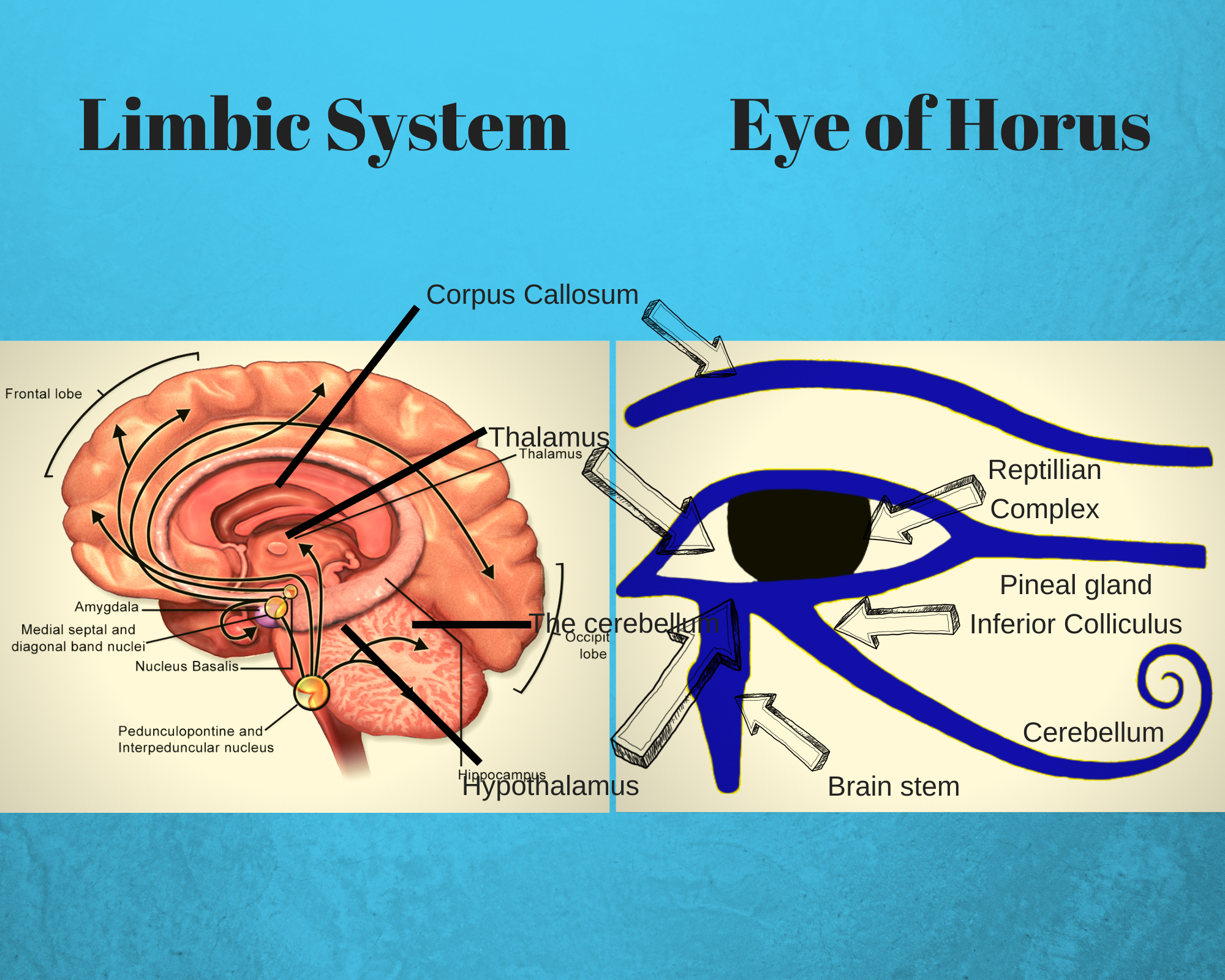
If feelings of anger and frustration erupt frequently, you probably need to address issues associated with the Hero (Ares and Artemis) or the Creator (Hephaestus and Athena) archetypes.
Anger and frustration can also emerge in other archetypes, namely the Everyman (Hephaestus and Aphrodite), Warrior (Zeus and Athena) Philanthropist (Poseidon and Demeter), Trickster (Hera) and Caretaker (Demeter).
How anger emerges for you will be determined by whichever archetypal energy you have not yet integrated into your personality. But once you recognise your triggers and bring self-knowledge into self-awareness, you will be able to identify which archetype your anger is related to.
I think we can probably all hold our hands up and say, we allow ourselves to get angry too easily at times.
But if anger and frustration have become a destructive force for you, it is in your best interests to identify your triggers, pinpoint the complex and resolve the conflict in the Self-ego axis.

Question: How long will you allow your anger and frustration to control your behaviour, mood and health?
You can determine whether anger and frustration are a problem for you by observing the length of time it takes you to calm down and snap out of it.
According to studies, the average person takes around 20 minutes to calm down from a fit of anger. [1]
The recovery period only includes the initial outburst and the chuntering that follows.
It doesn’t count the ruminating, which in my experience, would go on for days.
Whilst you’re ruminating in the aftermath of an anger fit, the stress hormones, cortisol and adrenaline are being pumped into your body.
Ruminating can also re-trigger your anger.

What’s more, ruminating reinforces your belief. It confirms your point of view is right. Again, in my experience, I used to ruminate to justify my position, to prove I was right, not wrong, good, not bad.
Is that what you’re doing also?
If you are truly honest with yourself, you can admit when you are wrong — or at the very least recognise that points of view don’t always matter and they certainly shouldn’t make you angry. Anger and frustration is usually a response to feelings of rejection and abandonment which threatens to compromise your emotional survival or self-image.
Most of the time, anger and frustration surface because you are angry and frustrated with yourself. What you’re actually doing is projecting these unresolved feelings outwards onto someone else because the fragile ego can accept any wrongdoing by it or to it.
Thought-Provoking Quote
“The neurotic individual may be described with great usefulness as a grown-up person who retains his childhood attitudes toward the world. That is to say, a neurotic adult may be said to behave as if he were actually afraid of a spanking, or of his mother’s disapproval, or of being abandoned by his parents, or having his food taken away from him. It is as if his childish attitudes of fear and threat reaction to a dangerous world had gone underground, and untouched by the growing up and learning processes, were now ready to be called out by any stimulus that would make a child feel endangered and threatened. Horney (197) especially has written well about basic anxiety.” [2]
~ Abraham Maslow: Motivation and Personality (1954)
With your worldview reinforced, the next time you encounter resistance to whatever it is you are attached to, you’ll be triggered again.
And again.
And again.
Every time you become angry and frustrated you are damaging your health, [3] reputation and relationships.
The triggers for anger and negative emotions vary, but the underlying patterns are usually:
The single underlying source of anger and frustration, however, is attachment to beliefs, perceptions, attitudes and emotionally charged issues you feel passionate about.
Anger is a powerful emotion that can be a double-edged sword. Rooted in passion, anger can be transmuted positively to drive motivation, determination and assertiveness [Hero].
On the flip side, when you have little or no control over your emotions, anger and frustration can be destructive; to your mental and physical health, and your relationships.
The American Psychological Association (APA) [4] note:
Informational Quote
“Whatever shape it takes, uncontrolled anger can negatively affect physical health and emotional wellbeing. Research shows [5] that anger and hostility can increase people’s chances of developing coronary heart disease, and lead to worse outcomes in people who already have heart disease. Anger can also lead to stress-related problems including insomnia, digestive problems and headaches.”
Society seems at odds with how we should control or manage anger and frustration. Some people will say, “Express your anger, don’t hold it in”. Others are taught that anger is not an acceptable way to behave. So they suppress it.
I think we can all agree that suppressing anger is not good for your health. But expressing explosive emotions is not good for your relationships, your reputation or your self-esteem.
So what is the antidote? It’s certainly not following the advice offered by medical institutions:
Hey ho.
Not one mention of re-channelling it. Or even better, healing the underlying cause.
Thanks to fMRI scans, neuroscience is able to explain what happens in the brain-body connection when a negative emotion is triggered.
Anger and frustration surface from the amygdala, an almond-shaped gland that is responsible for evaluating the emotional response to situations and objects; your brain assesses whether the situation or object is good or bad.

The amygdala essentially identifies threats to your physical and emotional well-being. When a threat is detected, for example, when your worldview is challenged, the fight or flight survival mechanism flares up.
The amygdala is also responsible for executing rewards and punishments which are correlated with memories — particularly emotionally-laden memories.
Emotional arousal influences the strength of past experiences stored in your memory bank and prompts actions in the present. Each time you have a similar experience, the memory is charged with more energy and enhances the retention of that memory.
So the last thing you want to be doing is ruminating or throwing your fists at something. One day, it might not be a pillow you’re punching.
When we receive information from the outside world, it goes to various parts of the brain. How we react may depend on whether energy takes the “high road” or the “low road”. [6]
When information travels through “low road” pathways, it bypasses the cerebral cortex and is received by the amygdala in the limbic system.
The limbic system is your emotional centre. Its function is to regulate emotion, behaviour, motivation, long-term memory, and olfaction.

The cerebral cortex, on the other hand, performs executive functions including logic, control and judgement.
Obviously, you want the information to reach your cerebral cortex before the amygdala. The left prefrontal cortex can dampen your emotions and help you retain your composure.
However, logic, sometimes, is at a disadvantage. Emotional responses are milliseconds faster the rational thinking. As a result, your actions are at the mercy of your programming.
Thought-Provoking Quote
“When we are calmly energized (good stress), the brain secretes catecholamines, adrenaline, and noradrenaline. This kind of “stress” is beneficial because we can perform at our best. When stress is severe, the brain secretes cortisol, which intensifies sensory awareness but dulls rational thinking. When levels of this substance are high, our memory does not work well, and we make more mistakes. Cortisol levels rise when we are bored, frustrated, or highly anxious, or when we have other strong negative emotions.”
~ Emily A. Sterrett, Ph.D, The Science Behind Emotional Intelligence
If external stimuli prompt a ‘survival’ state, the information has taken the “low road” to the amygdala and bypassed the cortex. As a result, you’re more likely to respond emotionally without thought or judgment.
The actions of people who struggle with anger issues are driven by emotions. They are in a state of survival and logic doesn’t get a look in. As a result, anger becomes a bad habit.
A burst of energy in the limbic system can last up to several minutes — long enough for you to say something you’ll later regret. By that point, your emotional outburst may have already spilt over into an all-out argument.
Even if the other person doesn’t react and that initial burst of energy subsides, the emotional charge is still present in your system and your anger plays out in your head.
This scenario will probably cause more damage to your mental and physical health than actually expressing your anger.
How many times have you been in an argument with your girlfriend or boyfriend, leave the room momentarily and go back to argue again 10 minutes later?

Did you return after ruminating, reinforcing your world view and finding ammunition to attack with?
A constructive strategy is to look at the issue from another angle and ask yourself, what is really triggering this anger?
By making certain observations, you will recognise that your anger is internal. Oftentimes, it will be because you feel rejected or abandoned and you don’t feel loved or cared for, i.e. your lover is not paying enough attention to you, your ideas are being rejected, and you’re not getting what you want.
Other times, your anger will be self-inflicted — literally, the Self (Superego) raging at the ego for being too one-sided. [Hera/Poseidon/Zeus] But the purpose of this outburst is to draw the ego’s attention to your wrongdoing.
If you develop emotional intelligence, it’s possible that you recognise the warning signs of anger before they explode. In this situation, you need to observe your patterns over a period of time.
Record moments and feelings that trigger feelings of restlessness and frustration, suppressed anger and any other moments you didn’t express your passion — the energy spectrum anger sits on.
You may even reach a point where you can calm down, but your brain still gives your body a shot of adrenaline and cortisol. Stress hormones are the cause of countless illnesses. [7]
The most efficient approach to overcoming anger and frustration is to understand what is it that triggers you. This enables you to reach a point of self-realisation.

You then need to accept that you have a destructive attachment and let it go.
Hey presto, you adopt a new attitude towards the world and no longer have anger issues in relation to that particular attachment.
Anger and frustration arise from attachment. Attachments are everything your ego thinks it needs to survive emotionally.
When you don’t get the thing you are attached to, you become frustrated which can then explode into anger further down the line.
This makes sense when you consider that attachments are gifts of gratification the ego thinks it needs to protect your emotional survival or self-image.
Attachment does not only relate to material objects. They are also beliefs, perspectives, values, behaviours and ideals; your view of the world.
Thought-Provoking Quote
“When we get angry, our asymmetric cerebral response is measured by the motivation of closeness to the stimulus that causes us to be angry and not so much by the fact we consider this stimulus as negative: “Normally when we get angry we show a natural tendency to get closer to what made us angry to try to eliminate it.”
~ Neus Herrero, University of Valencia
If you notice you get frustrated when people don’t agree with your opinion or you don’t get the outcome your “reward centre” thinks you need, anger could be brewing.
In this instance, the issue is insecurity; low self-esteem, lack of self-love, lack of self-care, fear of rejection, fear of abandonment, feeling that you don’t fit in, that you’re not good enough, that nobody cares about you etc.
With self-observation, you will find that your anger and frustration occur when you don’t get what your ego is programmed to need in order to survive. Feelings of lack, or that your basic needs are not being met, brew up a batch of anger.
Like the god Ares, when this energy erupts, your mind is flooded with the proverbial red mist [8] and you charge into battle without any thought of the consequences.

This is the destructive side of the amygdala at work.
When anger surfaces from the unconscious, intense feelings must be identified and dealt with; they don’t just go away on their own.
Identifying triggers that cause anger and frustration is the first step to healing trapped emotions. The root cause generally goes back to childhood.
Negative emotions like anger and frustration are warning signs that signal you have repressed emotions that have not been dealt with. With self-observation, negative emotions can be used as a self-development tool.
Healing emotional pain is similar to healing physical pain. Analyse what triggers anger and frustration and you are a step closer to releasing repressed consciousness and integrating trapped emotions in the conscious mind.
When you can identify negative emotions that trigger survival instincts, they guide you to matters that need addressing. Determine what your attachment is and let it go.
Adopting breathing exercises will also suppress emotions, but will help you to relax when you recognise the warning signs. Use breathing exercises to take you into a contemplative state of mind and use the self-observation tool from the Essential Self-Development Programs toolkit to help you find answers.
You can also use the Mind v Reality tool. This will help you to identify the belief system or attitude in your subconscious program that triggers your anger and look at the world from a different point of view. When you reach a point of clarification, you can adopt a different belief or attitude to upgrade your subconscious programming.
You need to reflect on your triggers. If you leave suppressed anger to fester, you will continue to cling to the same attachments and react in the same way.
Letting things go is a really powerful tool to fortify your emotions — once you learn how to do it. It’s really just a matter of mindset, it will only work once you have cleared some of the repressed emotions stored in your subconscious programs.
Ancient Wisdom Alert
“Who knows his manhood’s strength, Yet still his female feebleness maintains; As to one channel flow the many drains, All come to him, yea, all beneath the sky.”
~ Lao Tzu, Tao Te Ching
Identifying the attachments that trigger emotions and letting go of the attachment involves becoming the master of your mind (“manhood’s strength) and overcoming your emotions (female feebleness).
It is worth the effort, however, because letting go frees you from becoming emotionally involved. Without emotional attachment, there is no anger and, therefore, no flood of stress chemicals.
Information is processed by the logical part of your brain rather than taking the low road to the amygdala. You are then able to gain your composure and not cause a scene.
If you are struggling to let things go, address your mental state by using either the Mind v Reality Tool, the reframing technique or both.
[1] How Long Does Flight and Fight Last (2016)
[2] Abraham Maslow: Motivation and Personality, p.42 (1954)
[3] 7 Ways Anger Is Ruining Your Health, D. Strong (art: 2015)
[4] Strategies for controlling your anger: Keeping anger in check (2011)
[6] The amygdala and emotions, OpenLearn
